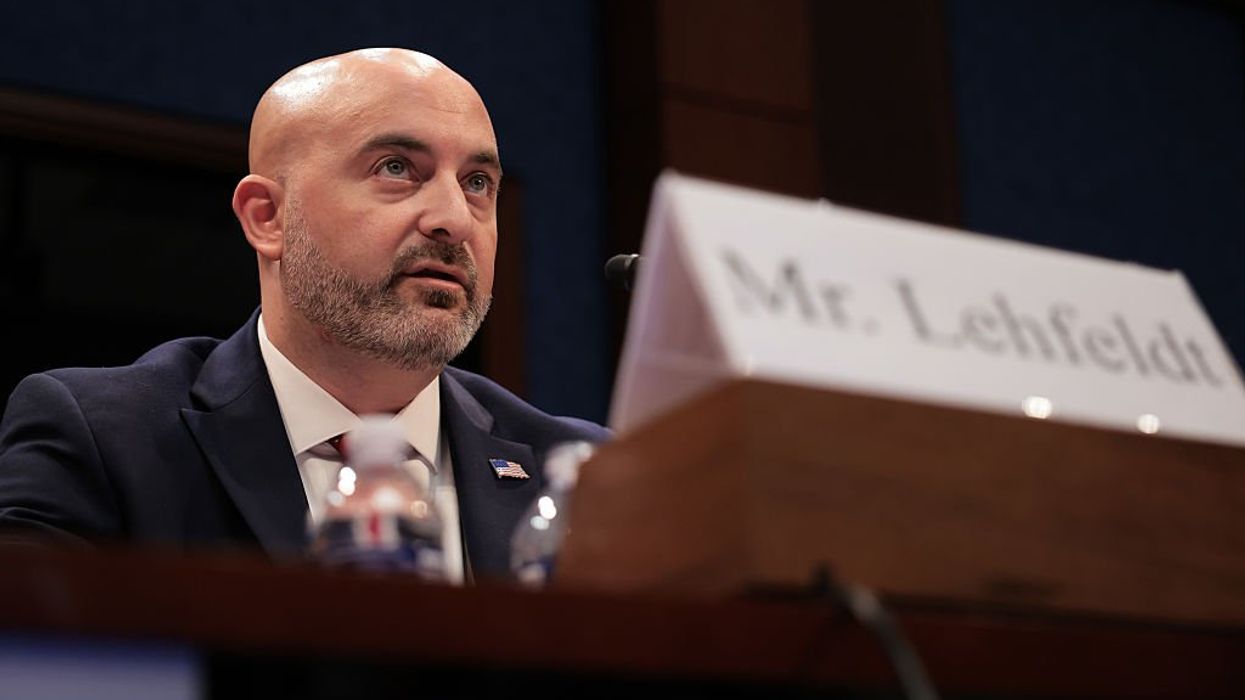© 2025 Blaze Media LLC. All rights reserved.
When I first reported earlier today that Paul Ryan joined with former SEIU president Andy Stern on rejecting a deficit-reduction plan, I have to say I was uneasy. I've always been a fan of Ryan's, who is a fellow Badger and Packers supporter. So I went searching later this afternoon to figure out why the "young gun" voted the way he did.
According to Ryan, he voted against the plan because it didn't address health care spending, saying instead the plan actually would have made health care "fatter":
Ok, I get it. Ryan has been a staunch health-care reform advocate, and an even stauncher anti-obamacare advocate. Yuval Levin, a man much smarter than I, explains it this way:
I agree with Veronique that the deficit commission’s failure to take on health care—i.e., Obamacare, Medicare, and Medicaid—is reason enough in the end to oppose its proposal. The overall proposal has some promising ideas in it, and the fact that an administration-appointed commission would take the deficit and debt problem seriously is a very good sign. But in the end, their desire to avoid doing much on health care leaves the overall package sorely lacking.
He goes on to say:
There is simply no way to fix our deficit and debt problem without undoing Obamacare and dramatically reforming Medicare and Medicaid (along the lines that Alice Rivlin and Paul Ryan proposed to the commission).
But here's what Andrew McCarthy asks:
I know Paul Ryan finds the failure to deal with Obamacare to be a key flaw in the Debt Commission proposal. (I agree, for what little that may be worth.) If an effort to repeal and replace Obamacare were really going to happen, would Rep. Ryan’s criticism be a good reason to reject the Debt Commission plan?
Good point Andy. It's almost a catch 22 for Ryan. He and fellow House members have said that repealing Obamacare is a top priority, and I think they want people to think it will happen (even though I don't think it will -- there's that pesky Senate). But I guess, in the end, he couldn't really, in good conscience, vote for something he knows is bad for health care reform. While honorable, I still can't shake the feeling that we might have been close to actually making progress on deficit reduction.
But just as my skepticism threatens to stick around, Veronique de Rugy erases it all with this (referenced by Levin above):
The biggest problem with the commission’s report is that fails to address the explosion in entitlement spending driven by Medicare and Medicaid. How can the report be taken seriously when it proposes to cap spending at what is, historically, a high level already, without doing what it would take to credibly meet that promise? There is no way spending will stay at 22 percent of GDP if Medicare isn’t radically reformed.
And this:
But there are other reasons to be against the report ... . First, real spending cuts are nowhere to be found; in their place we have the old “baseline” budget gimmick. Increasing spending more slowly than it was scheduled to increase is not a spending cut. That’s like me saying that instead of buying three new outfits, as I had planned, I will only buy two outfits, when in fact I should have been selling much of the stuff in my closet. Also, keeping spending constant is not the same as cutting spending.
Yeah, that's a good reason. Good job, Paul.
Want to leave a tip?
We answer to you. Help keep our content free of advertisers and big tech censorship by leaving a tip today.
Want to join the conversation?
Already a subscriber?
more stories
Sign up for the Blaze newsletter
By signing up, you agree to our Privacy Policy and Terms of Use, and agree to receive content that may sometimes include advertisements. You may opt out at any time.
© 2025 Blaze Media LLC. All rights reserved.
Get the stories that matter most delivered directly to your inbox.
By signing up, you agree to our Privacy Policy and Terms of Use, and agree to receive content that may sometimes include advertisements. You may opt out at any time.


